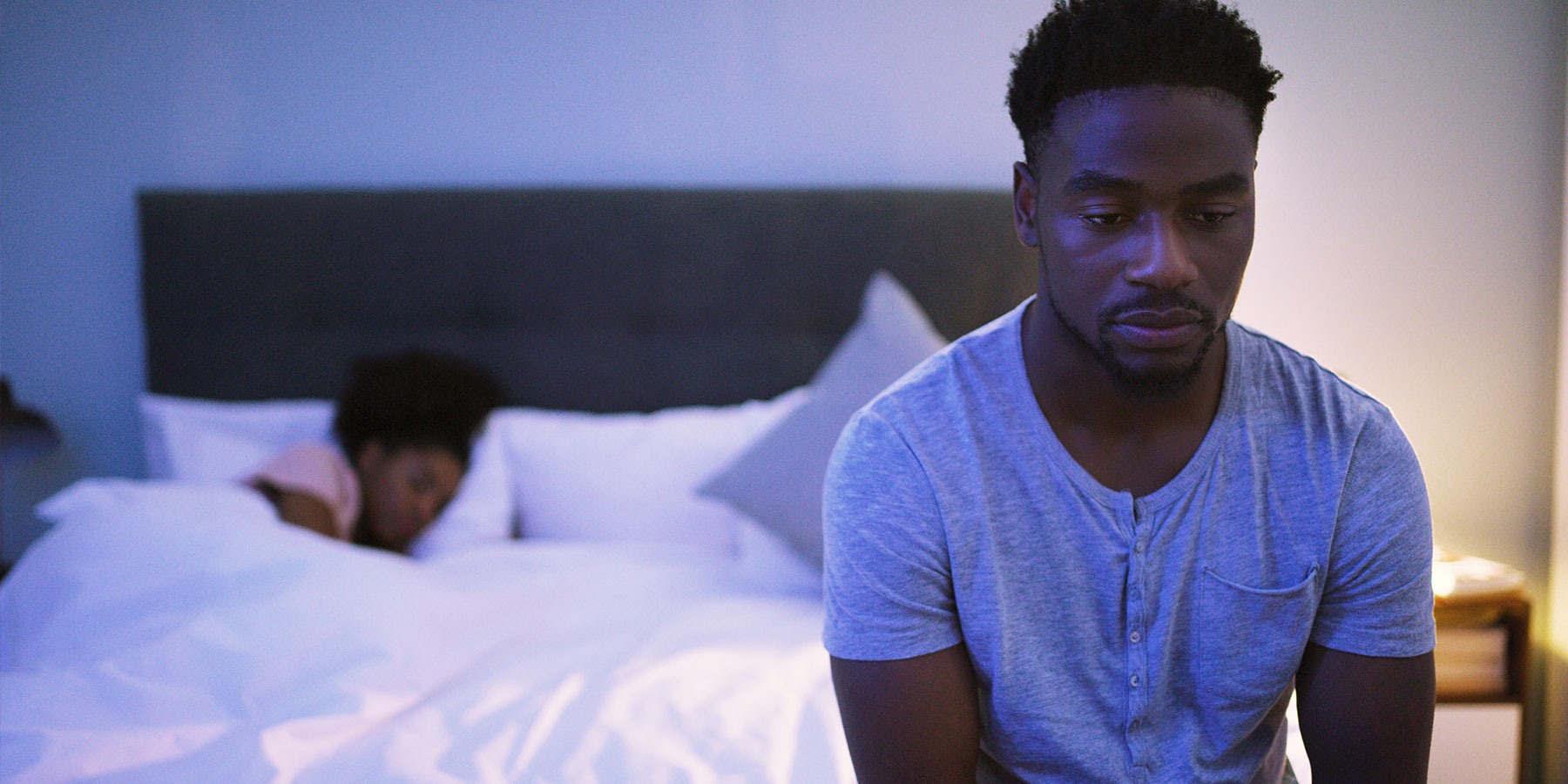Do you have trouble sleeping? If so, do you lay awake staring at your ceiling for hours on end, or do you toss and turn all night long? Know you are not alone. Many people struggle to sleep, but that does not mean you should ignore the issue. Getting quality rest is essential to our physical and mental well-being. Our Tampa psychologists can help!

To help you sleep better, the first step we’d like to propose is assessing your sleep hygiene and how your habits may be preventing you from getting a good night’s rest.
• Do you use technology before bed?
• Do you exercise before bed?
• Do you drink caffeine during the day?
• Do you take naps during the day?
• Do you go to bed with a lot of stress?
If you answered yes to any of these, then chances are addressing one or more of these habits and improving your sleep hygiene can significantly help you get a better night’s rest.
What in the world is sleep hygiene? We’re so glad you asked!
Sleep Hygiene & Habits
Your quality of life is affected by your sleeping habits. Sleep hygiene refers to your behaviors before trying to sleep. But understand sleep hygiene is more than just your routine immediately before bedtime. Everything you do during the day, including how active you are and what you eat, can impact the quality of your sleep. Therefore, improving your sleep hygiene is a key component that may enhance your mental and physical health.
Improve Your Daily Schedule
Nobody enjoys feeling chronically exhausted or being in a bad mood. Rice Psychology Group suggests a few daily changes to improve your routine and help you fall asleep easier:
- Be active. Even if it’s just 30 minutes, regular exercise can improve your sleep quality and health. However, it is best to exercise earlier in the day. Exercising close to bedtime can make you feel more energetic, making sleeping more difficult.
- Put the coffee down. Before you get upset, no, we are not suggesting you cut out coffee entirely. That said, limiting how much coffee you drink can improve your sleep. Too much caffeine, especially when consumed later in the day, can keep you up at night.
- Refrain from napping. Taking a quick snooze may seem helpful, but it may make it difficult to fall asleep later. If you must nap, keep it short and early in the day.
Fix Your Nighttime Habits
Now that we’ve shared tips that can improve your day let’s discuss ways to create a healthy nighttime routine.
- Stay consistent. Try to maintain a consistent schedule of when you go to bed and wake up to improve your natural circadian rhythm. You are more likely to sleep on cue and possibly sleep seven to eight hours every night.
- Put down your phone. This may be the hardest one to do, but we highly suggest turning off all electronic devices and saying goodbye to the social world a few hours before you go to bed. Turn off your notifications and keep your phone far away from your bed to avoid the temptation of 2 AM scrolls. Reading before bed is fine, but we highly recommend reading from a book rather than a mobile device. If you must read electronically, switch to night or dark mode to limit the amount of light and beware of being tempted to jump off your book and into a game or Instagram.
- Release your stress. People often cannot sleep because of things on their minds: deadlines, worries, and daily struggles race through their heads. Instead of overthinking, write down your to-do list for the next day or meditate to help clear your mind.
Bottom Line
Good sleep hygiene requires good sleeping habits. So much of what we do during the day and before bedtime affects our sleep patterns and affects the quality of the following day. If you’re looking to improve your sleep hygiene, try the tips mentioned. If you cannot improve your sleep hygiene or feel there may be an underlying issue, our psychologists may be able to help or at least point you in the right direction. We are keen problem solvers and may be able to figure out which pieces of the sleep puzzle need attention.
Work Together With Our Tampa Psychologists
If you or someone you love has trouble sleeping, then it may be time to give our Tampa psychologists a call. Our team is ready to help you figure out some solutions that work well for sleep problems. Contact us to schedule an initial appointment or a free, 10-minute consultation. Our Tampa psychologists offer private online sessions via Telehealth and a limited number of online and in-person evaluations.

